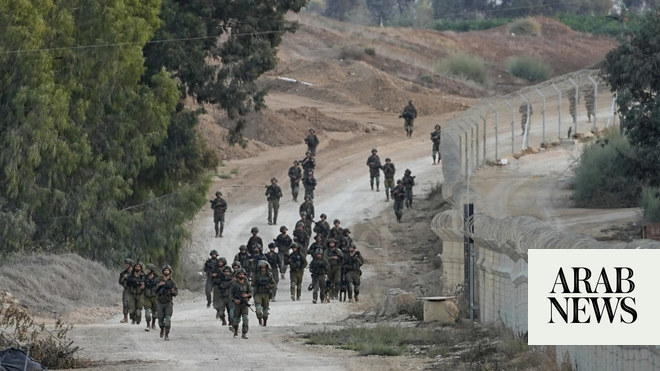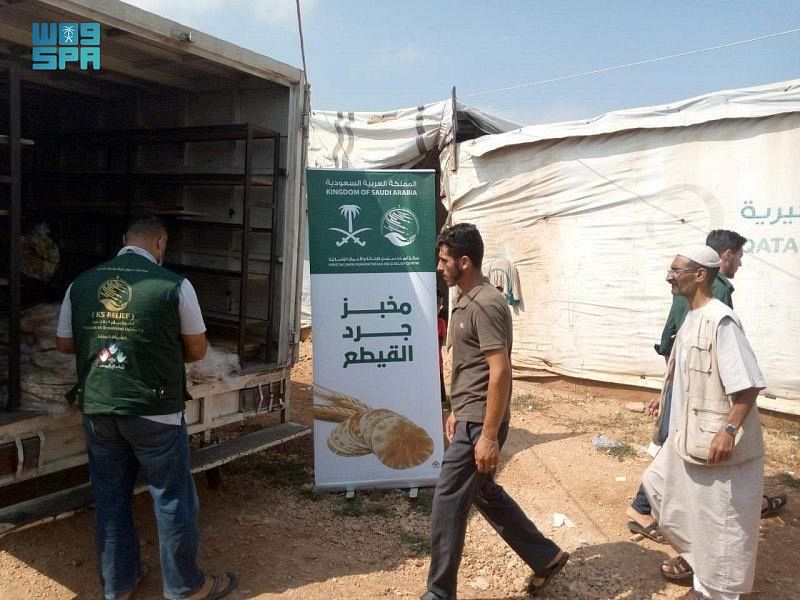
A pledge made by Lebanese President Michel Aoun not to grant amnesty to those involved in the murder of Lebanese soldiers was an indication that there could be “exceptions” in the amnesty law, which would lead to a dispute with Prime Minister Saad Hariri.
Earlier, Hariri announced that the amnesty will include individuals who did not have blood on their hands in the events of Abra and Tripoli.
During a meeting with a delegation from the families of army martyrs, Aoun listened to them, including their call for the general amnesty law, which is to be approved by the Parliament before the end of its term, not to include those who killed soldiers.
The Lebanese President stated that he is following up this matter out of his loyalty to the troops who lost their lives to maintain the country’s independence, sovereignty and dignity. “I would not sign any general amnesty law for persons convicted or yet to be convicted in killing soldiers,” Aoun affirmed.
Muslim Scholars Committee deputy president Sheikh Salem al-Rafei stated to Asharq Al-Awsat that the families won’t approve any exceptions unless three conditions were met: “First, the ability of the judiciary to summon everyone involved in the Abra battle against the army, noting that there is a third party that fought in Abra i.e. “Hezbollah”, in addition to prosecuting the drug smugglers who had a hand in killing soldiers during raids made by security forces.”
Rafei continued with the second condition which is “ensuring fair trials and accelerating them so that innocent people won’t remain in prison. Third, the murderers of soldiers and civilians who were enrolled in South Lebanon Army, which was an ally of Israel, should not be exempted.”
Families of Islamist detainees quoted Hariri as saying in December that the general amnesty law includes the largest number possible of Islamists.










